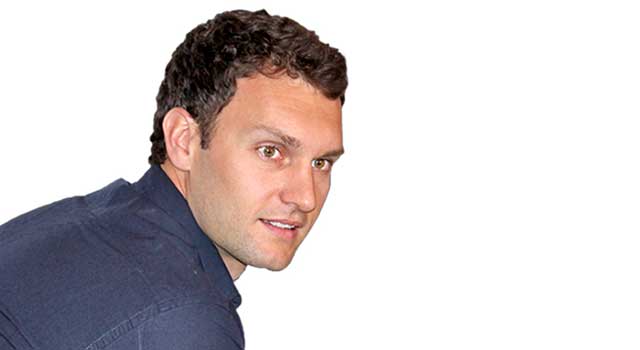
A Johannesburg-based start-up, SA Cardiosynthetics, has set itself the goal of providing heart-valve replacements to emerging markets that do not require the long-term administration of medication normally needed after this type of procedure.
Co-founder Murray Legg explains that Cardiosynthetics has developed a valve replacement that can be used in all patients who require it, without needing ongoing medication.
The replacement will outlast conventional tissue valves.
Legg tells TechCentral that roughly 500 000 heart-valve replacements are performed worldwide each year and current devices used serve a niche portion of the developed market where patients have advanced healthcare and surgeons have well-equipped operating theatres.
“We realised that a large number of patients in emerging markets suffer from valve disease but can’t receive valve replacements.”
Legg, 29, has completed a biomedical engineering PhD focused on the design of a heart-valve replacement specifically meant for emerging markets and has been working on the product for past eight years. He founded SA Cardiosynthetics in 2012 to formalise the business.
He has experience in developing and commercialising products in the biomedical market, but worked previously as an investment banker at Rand Merchant Bank.
The other half of the Cardiosynthetics team is 72-year-old professor David J Wheatley, who has extensive experience in heart-valve design replacements through surgical practice and the design, testing and assessing of novel heart valves.
Wheatley was professor of cardiac surgery at the University of Glasgow and had a 27-year tenure at the British Heart Foundation.
Legg and Wheatley have secured international patents for the intellectual property they’ve developed for the valve and its novel operation and the opportunity to diversify the product into a transcathether valve that will allow for minimally invasive surgery.
They have been granted the patent in 11 countries and regions — the US, Europe, India, China, Australia, New Zealand, Russia, Brazil, South Africa, Japan and Canada.
The partners have self-funded the project for the past six years, during which time they considered various geometries and prototype designs. “After converging on a design that we felt confident would work, we patented the landscape around the design,” Legg explains. The pair raised funding for the first phase of the project from government’s Technology Innovation Agency.
Legg says emerging markets need a product like this because rheumatic fever, when left untreated, can lead to valve disease. “Rheumatic fever is prevalent in the Brics countries and heart-valve replacements are needed to give the patient an extended life.”
Once SA Cadiosynthetics proves that its valve operates the same or better than a US Food and Drug Administration-approved commercial valve supplied by large valve manufacturers such as St. Jude Medical or Medtronic, it will make money, Legg says.
“We will run animal trials later this year and, pending the successful outcome of those, will approach a valve company to run human trials.”
The start-up’s competitors are the four major players that dominate the heart-valve industry, says Legg. “They are all large, listed multinational medical device manufacturers — Medtronic, Sorin Group, Edwards Lifesciences and St. Jude Medical.”
SA Cardiosynthetics has completed the theoretical engineering and technical validation of the valve and is now focusing on the way it operates in a patient’s heart. “We will run animal trials and fatigue tests to ensure that devices operate in a biological setting, and the way they handle the pressures of stresses found in the body are next on our list.”
Legg also hopes that because Wheatley is a global authority on heart-valve therapy, the company will be able to cover a wide range of international markets.
“It’s a passion of mine to travel to new parts of the world and through this venture I hope to meet new people.” — (c) 2014 NewsCentral Media

